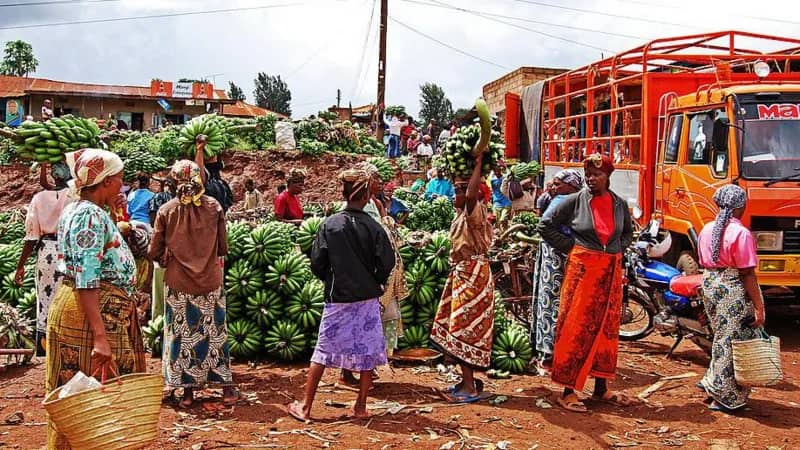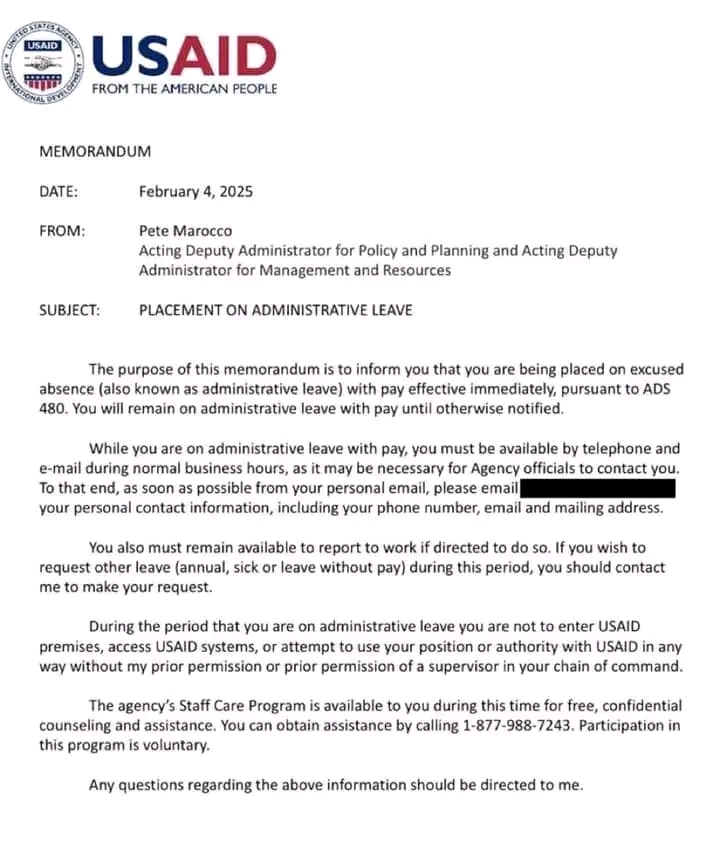By Rick Dzida
The import ban on farm produce between Tanzania and Malawi is starting to have considerable negative consequences for both countries adversely impacting their economies, food security, and trade relations.
One does not need to be an expert in rocket science to predict that the ban will result in a scarcity of specific agricultural goods, such as corn, bananas, and rice, which will lead to an increase in prices. People in both Malawi and Tanzania will have to pay more for basic food items.
Needless to underscore the point that the supply chain and potential profits for farmers and businesses that depend on international trade will be affected by disruptions, resulting in inefficiencies.
Furthermore, farmers who used to sell their crops to either Malawi or Tanzania will definitely experience economic setbacks because of decreased market availability.
Moreover, the ban will most likely exacerbate food insecurity, particularly in regions that depend on imports for certain crops, leading to malnutrition and health issues.
It is also expected that the ban will encourage illegal trade and smuggling of agricultural products thereby undermining government regulations and tax revenues.
Regrettably, the ban has begun to cause unwarranted conflicts between Tanzania and Malawi impacting the already tense diplomatic and economic ties.
Furthermore, the domestic markets in Malawi and Tanzania are likely to be affected as there will be no competition from international imports, which could result in a lack of motivation and lower standards among local producers.
Due to decreased competition from foreign imports in Malawi and Tanzania, it is probable that there will be significant decline in innovation and advancements in agricultural practices among local farmers.
Furthermore, industries related to agriculture, such as transportation, processing, and retail, will most likely face job losses due to reduced trade volumes.
In addition, if there is a boost in domestic production to compensate for the decrease in imports, it is probable that this will result in excessive use of land and other resources, ultimately resulting in environmental degradation.
Regrettably, these negative consequences of prohibiting the import of farm products cannot be naturally resolved. It is necessary for both governments of Malawi and Tanzania to actively work towards resolving their economic trade discrepancies.
For starters, the governments of Malawi and Tanzania are therefore advised to invest sufficient resources towards programs for agricultural development in order to increase local production and lessen their reliance on imported goods.
Furthermore, it is essential for both Malawi and Tanzania to provide financial assistance, training, and resources to local farmers to enhance their productivity and competitiveness in the local market.
It is also advisable that both governments should engage in dialogue to address trade barriers and promote regional trade agreements that mutually benefit both countries.
Recommendations are also in order that both Malawi and Tanzania should establish and enforce quality standards for agricultural products to ensure safety and competitiveness in the market.
Furthermore, farmers in both countries should be encouraged to diversify their crops to reduce reliance on a few key products and enhance food security.
Additionally, it is recommended that both Malawi and Tanzania make investments in transportation and storage infrastructure in order to enhance the effectiveness of their local supply networks and reduce losses post-harvest losses.
Moreover, it is also important for both Malawi and Tanzania to implement a monitoring mechanism that can keep track of market prices and supply levels. This will enable them to make well-informed choices regarding trade policies.
Furthermore, it is essential for both Governments to establish mechanisms that make legal trade easier and decrease the occurrence of smuggling. These measures may include simplifying customs procedures and implementing trade agreements.
Malawi and Tanzania Governments should Invest in agricultural research to develop resilient crop varieties and sustainable farming practices that can withstand market fluctuations.
Lastly but least, it is recommended that farmers, traders, and consumers are also involved in discussions about trade policies to ensure that their needs and concerns are addressed.
In conclusion, it is envisaged that by addressing the potential negative effects of an import ban and implementing these recommendations, Tanzania and Malawi can work towards a more sustainable and resilient agricultural and trade sectors that mutually benefit both countries.




